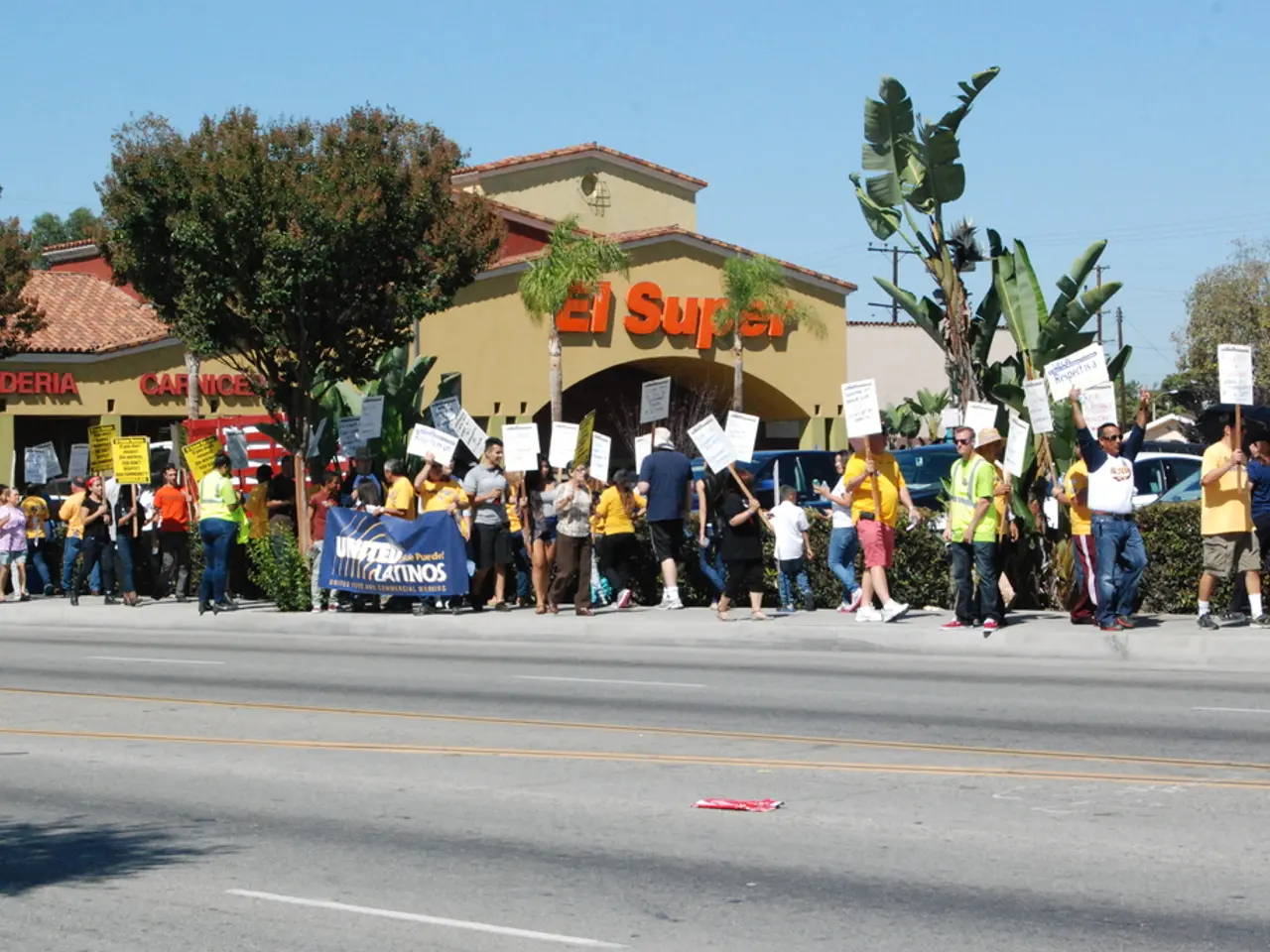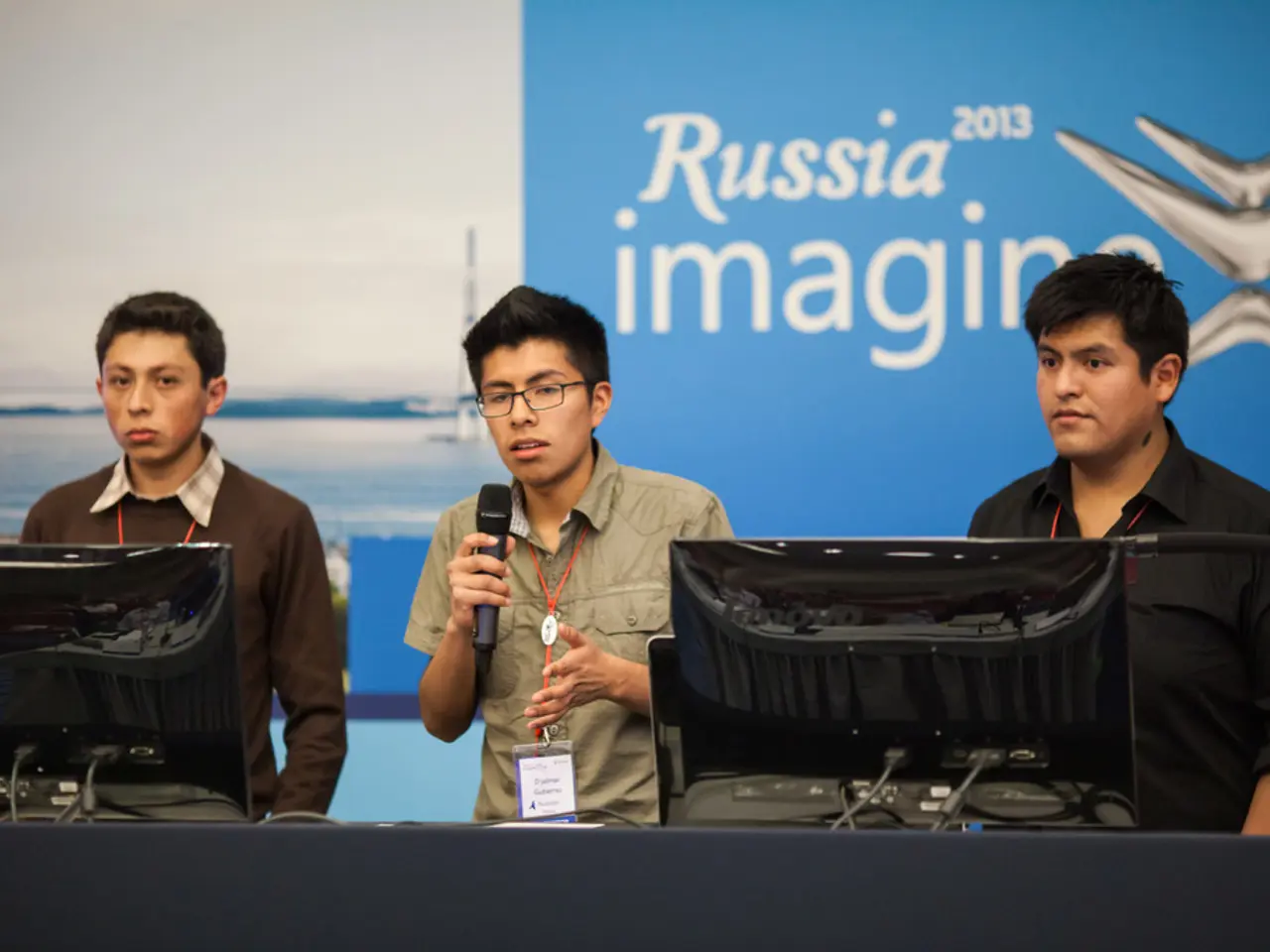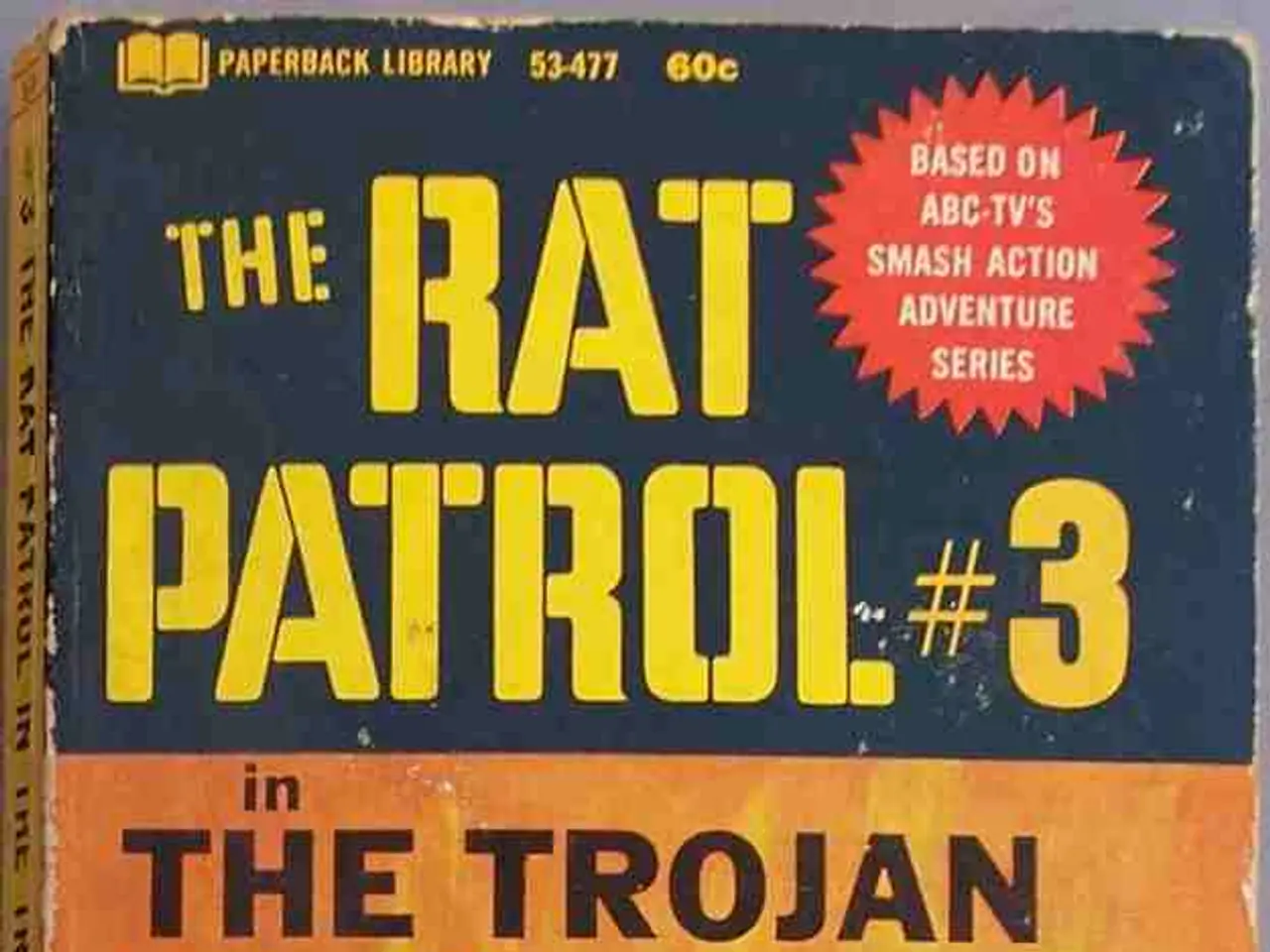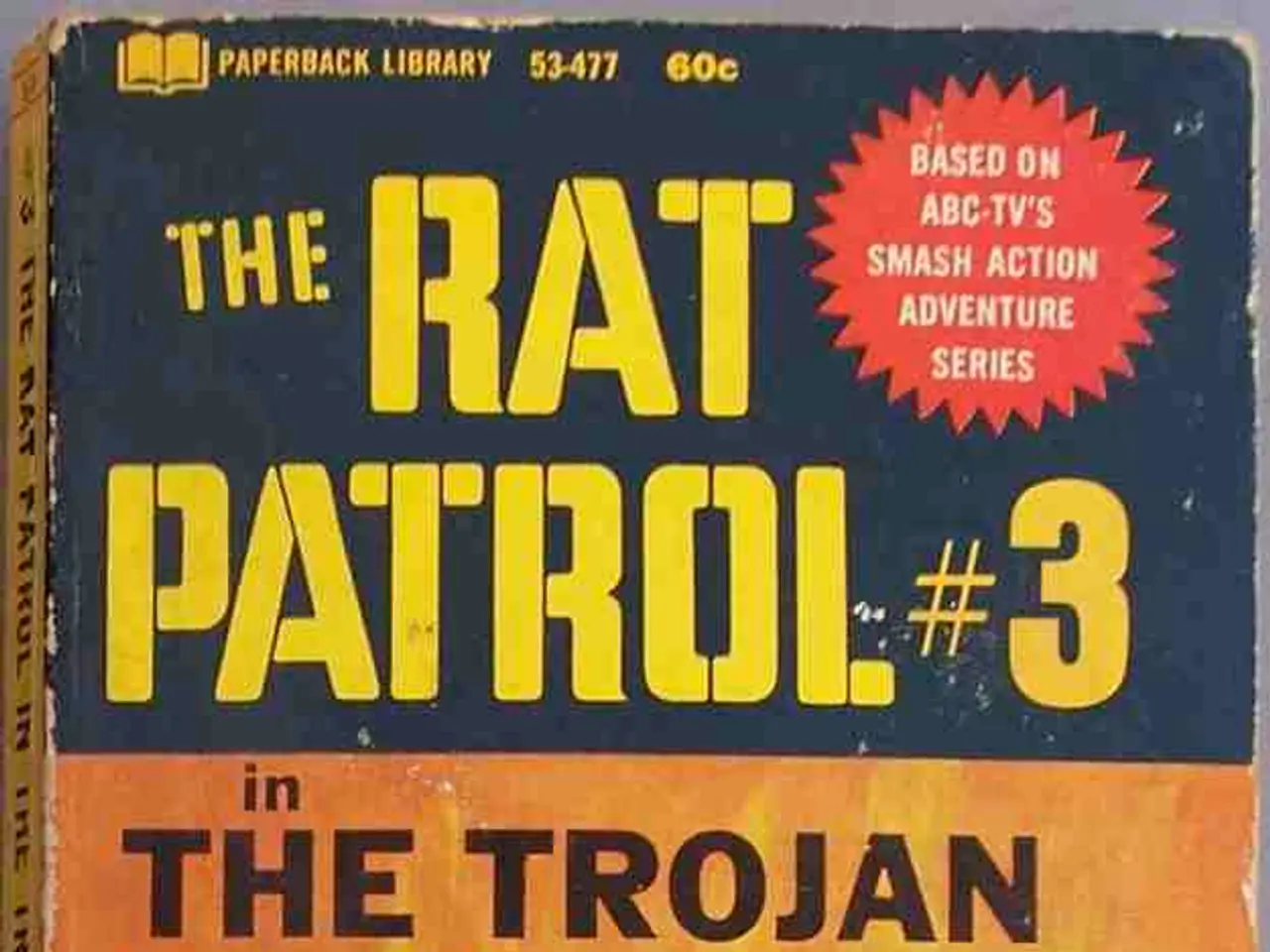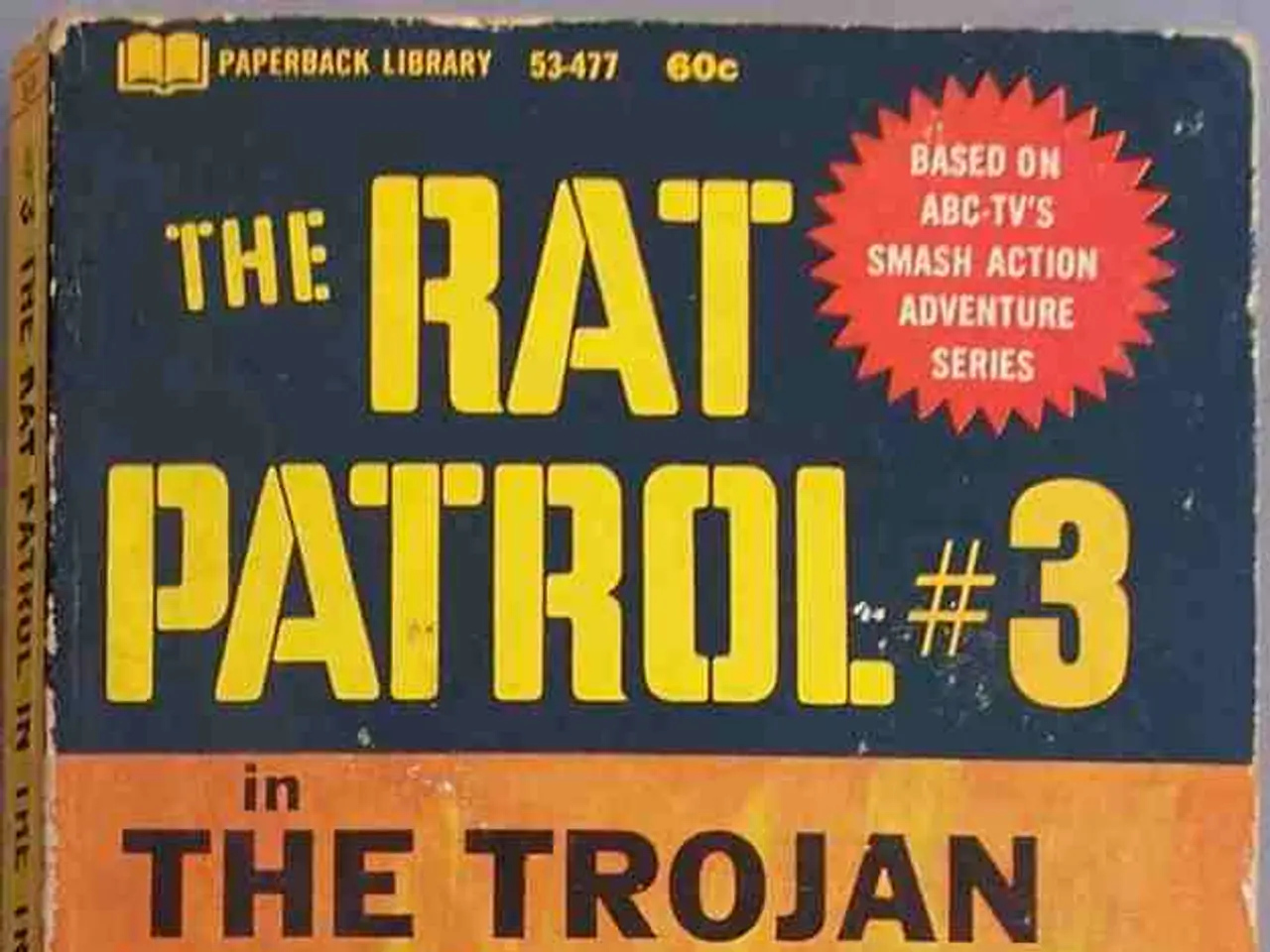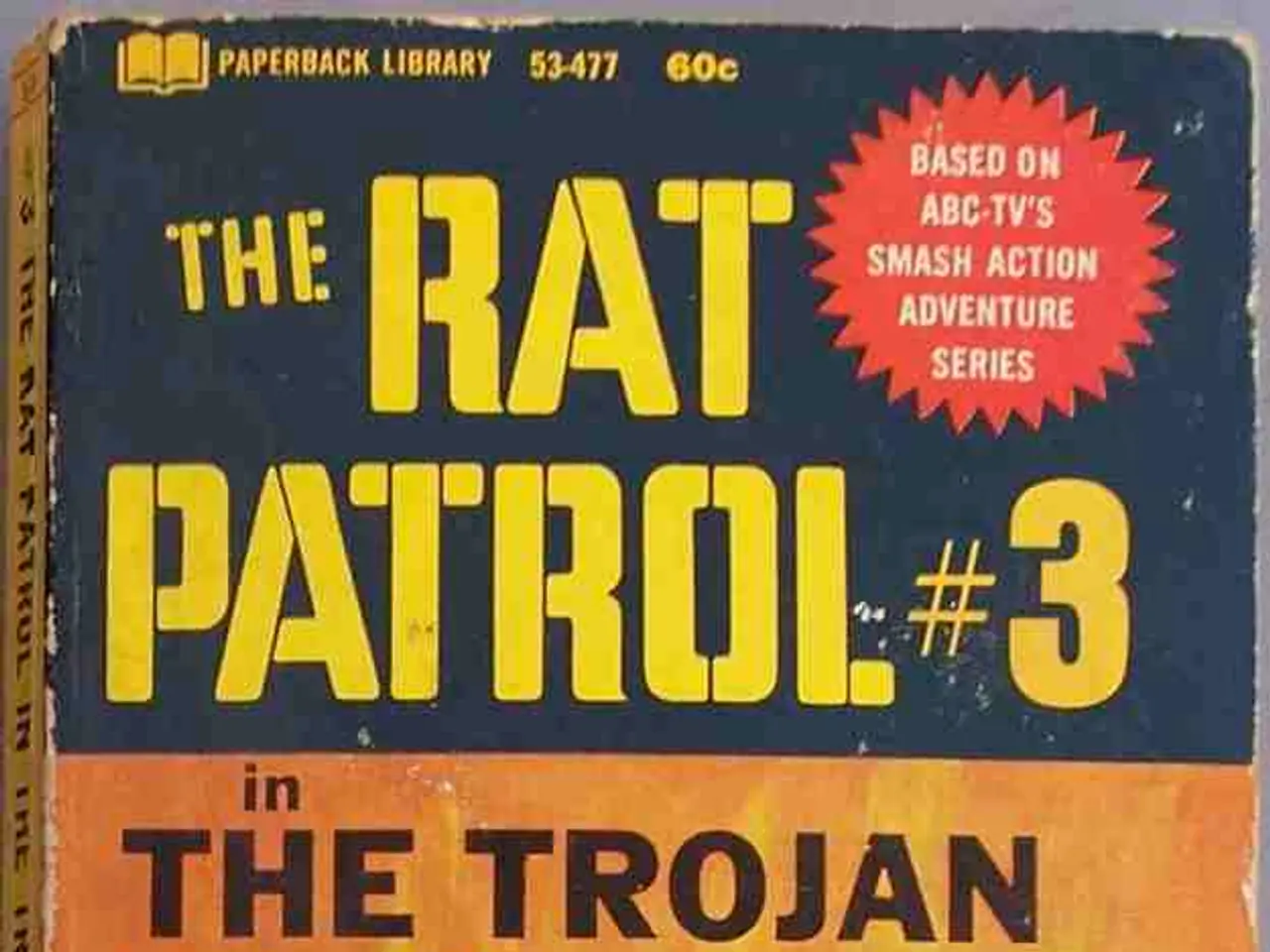Over fifty competitors have registered for the Alberta byelection, aiming for the same seat that Pierre Poilievre previously held and hopes to reclaim
In the upcoming Battle River-Crowfoot byelection, Conservative leader Pierre Poilievre is aiming to reclaim a seat in the House of Commons. However, the race is not without challenges, as a group known as the Longest Ballot Committee has entered the fray with the intention of protesting Canada's first-past-the-post electoral system.
The Longest Ballot Committee, which made headlines last summer for their involvement in high-stakes byelections in Toronto-St. Paul's and LaSalle-Émard-Verdun, is aiming to complicate the voting process in Battle River-Crowfoot. By nominating a large number of candidates – around 50 to 58 so far – they hope to "sow confusion when people vote and aggravation when the votes are counted."
Poilievre, who lost his previous seat in April to Liberal political rookie Bruce Fanjoy, has expressed his disapproval of the Longest Ballot Committee's initiative. He has called for changes to Canada's election laws to prevent such protests, arguing that they complicate and interfere with the election process. Other candidates, including independent Bonnie Critchley, have echoed these sentiments, describing the protest as "legal election interference" that confuses voters and undermines genuine campaign efforts.
Each ballot in Poilievre's former riding was approximately one metre long, and Elections Canada estimated it could take about three times as long to count them. In the previous election, 91 candidates were registered, and Elections Canada started counting advance ballots six hours before polls closed. The Longest Ballot Committee's strategy could potentially lead to a lengthy and complex counting process, which could impact the overall outcome of the election.
In the Battle River-Crowfoot byelection, no Liberal candidate has registered, but engineer and "energy leader" Darcy Spady has announced his candidacy. Damien Kurek, the former Conservative MP for Battle River-Crowfoot, announced his intention to resign his seat to pave a way for Poilievre to replace him.
This contest illustrates both a tactical challenge for Poilievre in his bid to win the seat and a broader debate on election reform in Canada. The Longest Ballot Committee's goal in the upcoming byelection is to protest Canada's first-past-the-post electoral system, but their tactics have been met with criticism from Poilievre and other candidates. The deadline for candidates to register in the byelection is July 28, and residents will head to the polls on Aug. 18, with advance polls taking place Aug. 8-11.
News of the Longest Ballot Committee's involvement in the Battle River-Crowfoot byelection has sparked discussions on policy-and-legislation and politics. In response to the Committee's intentions to protest Canada's first-past-the-post system, Conservative leader Pierre Poilievre has called for election law changes, labeling the Committee's actions as a form of interference in the general-news landscape of the election.
